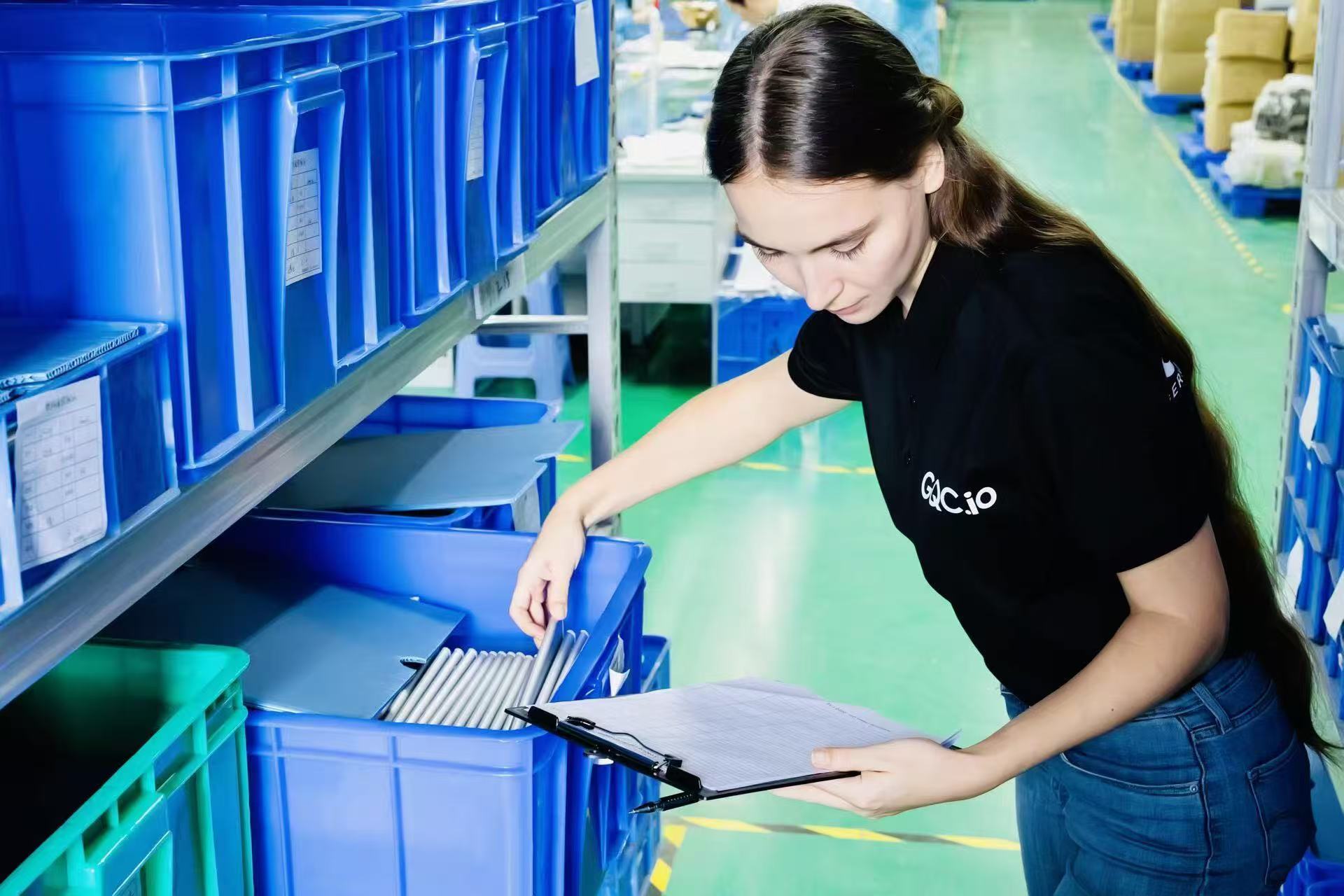China is known for its large-scale manufacturing industry that offers a wide range of products at affordable prices. However, with so many manufacturing business models available, it can be challenging to choose the right one for your business. In this article, we will discuss the three most popular Chinese manufacturing business models and help you choose the best one for your business.
Original Equipment Manufacturing (OEM)
Original Equipment Manufacturing or OEM is the most common business model used by Chinese manufacturers. In this model, the manufacturer produces goods according to the buyer's specifications and requirements. The buyer provides the manufacturer with the design and specifications, and the manufacturer produces the product.
The main advantage of OEM is that the buyer has complete control over the product design and specifications. However, the downside is that the buyer has higher costs for tooling, engineering and project costs, which also can be time-consuming.
OEM is ideal for businesses that require specialized products that cannot be found in the market. It is also suitable for businesses that require complete control over the product design and specifications.
Original Design Manufacturing (ODM)
Original Design Manufacturing or ODM is a business model in which the manufacturer designs and develops the product based on the buyer's requirements. In this model, the buyer provides the manufacturer with the product idea or concept, and the manufacturer designs and develops the product.
ODM is ideal for businesses that require unique products but do not have the technical expertise or resources to design and develop the product themselves. It is also suitable for businesses that want to enter new markets quickly.
The main advantage of ODM is that the manufacturer has the technical expertise and resources to design and develop the product. The downside is that the buyer may not have complete control over the product design and specifications and that those products are offered to other customers as well.
Contract Manufacturing
Contract manufacturing is a business model in which the manufacturer produces the product under the buyer's brand name. In this model, the buyer provides the manufacturer with the design, raw materials, and specifications, and the manufacturer produces the product under the buyer's brand name.
The main advantage of contract manufacturing is that the buyer does not need to invest in manufacturing facilities or equipment. The downside is that the buyer may not have complete control over the manufacturing process and quality control.
Contract manufacturing is ideal for businesses that want to focus on sales and marketing and do not want to invest in manufacturing facilities or equipment. It is also suitable for businesses that want to enter new markets quickly.
Choosing the Right Business Model
Choosing the right business model depends on your business requirements and objectives. If you require specialized products with complete control over the product design and specifications, OEM is the right choice. If you want unique products but do not have the technical expertise or resources, ODM is the right choice. If you want to focus on sales and marketing and do not want to invest in manufacturing facilities or equipment, contract manufacturing is the right choice. Contact us today to discover how our services can assist you in choosing the most suitable business model for your company www.gqc.io





